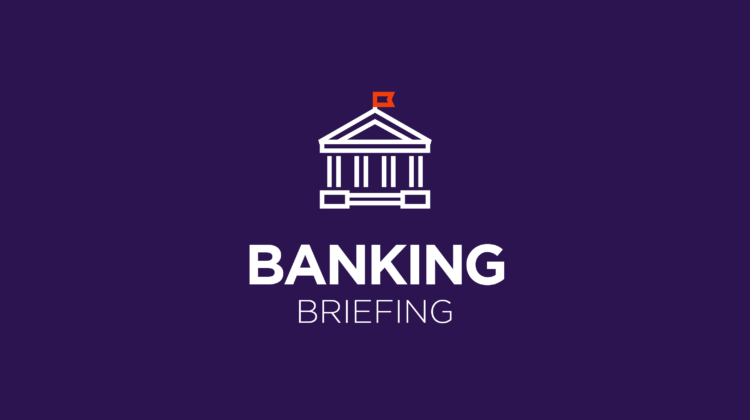Member Exclusive, New banks
Banking Briefing: Learning the moves to the ‘gig groove’
- Citi wants to appeal to the gig economy. Meanwhile, banks may be facing major layoffs following their hiring spree just a few months ago.
- Plus, a quick look at the niche neobank business model dilemma and how a new digital bank for Native Americans has found a way to do things differently.








